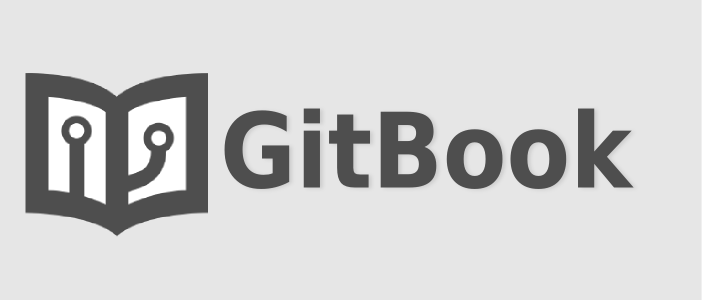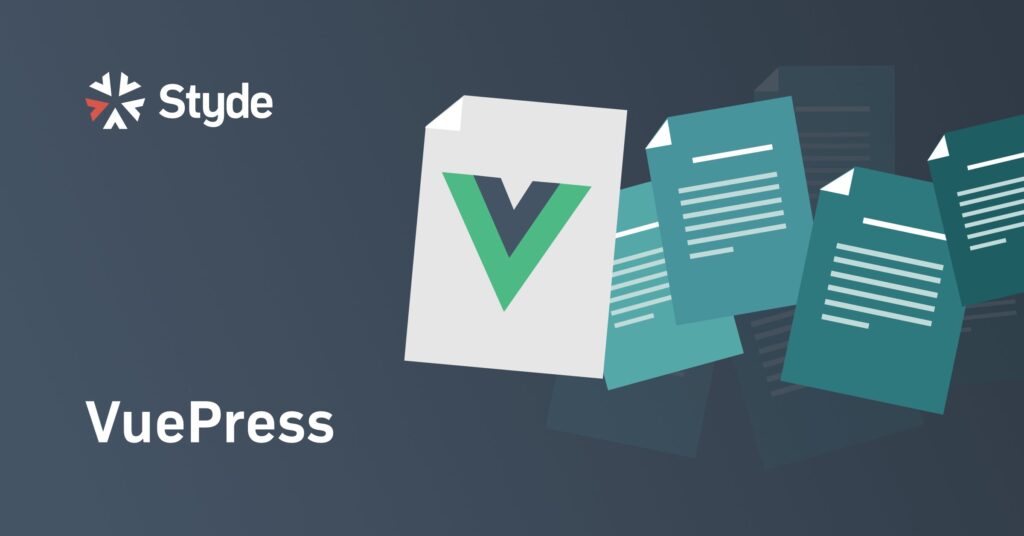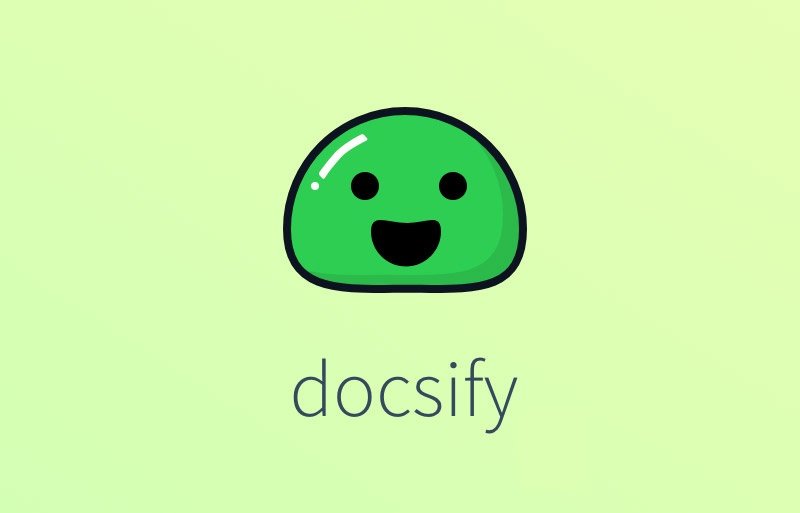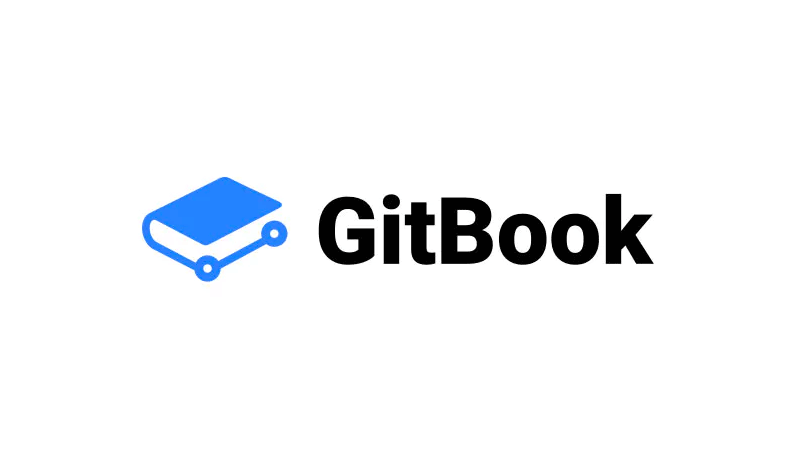In the ever-evolving realm of content creation and documentation, finding the optimal platform to host, manage, and present your information is pivotal. GitBook has, undoubtedly, been a preferred choice for many when it comes to crafting comprehensive documentation. However, as the landscape continually shifts and individual needs diversify, the quest for the perfect GitBook alternative has gained remarkable traction. In this comprehensive guide, we’ll delve deep into a diverse range of GitBook alternatives that promise not only to meet your documentation requirements but to exceed them with seamless efficacy and unparalleled features.
Exploring GitBook: Unraveling Its Features and Recognizing Its Uniqueness

Features That Elevate GitBook
GitBook, renowned for its remarkably user-friendly interface and its seamless integration with version control systems, stands as a hallmark of collaborative documentation. By adopting a Markdown-based approach and bolstering it with real-time collaboration features, GitBook effortlessly emerges as an enticing choice for teams and individuals who seek to forge a streamlined workflow for content creation, editing, and publication.
Identifying Constraints Within GitBook
However, it’s worth noting that no platform is devoid of limitations, and GitBook is no exception. One prominent limitation that often gives users pause is the platform’s pricing structure, which can potentially surge as both your content and team expand. Additionally, some users might find themselves somewhat restrained by the degree of customization options, hindering their ability to curate documentation experiences that truly resonate with their brand identity and unique preferences.
The Need for GitBook Alternatives: Unearthing Nuanced Reasons

While GitBook serves a multitude of purposes remarkably well, the need to explore alternatives isn’t a sign of its inadequacy. Rather, it’s a testament to the dynamic nature of documentation requirements and the nuanced spectrum of needs and preferences that exist within the realm of content creation. The motivation to explore GitBook alternatives can stem from a multitude of factors, each of which contributes to the mosaic of your documentation journey.
1. Diverse Documentation Needs
Organizations and projects, much like living organisms, undergo growth and evolution. As they expand, their documentation needs evolve in tandem. Some platforms might be exceptionally well-suited to handle intricate technical documentation, while others shine in presenting visually captivating user guides that engage and enlighten readers.
2. Budgetary and Cost Considerations
For startups and small businesses, fiscal prudence reigns supreme. Hence, the exploration of GitBook alternatives often stems from a desire to discover solutions that seamlessly balance competitive pricing plans with unwavering quality. This way, you can create documentation that resonates without straining your financial resources.
3. Integration Imperatives
The integration of documentation tools with pre-existing workflows and systems is a critical consideration. Seamless integration not only expedites processes but also elevates overall productivity. Therefore, the pursuit of GitBook alternatives can be driven by the need to find platforms that seamlessly harmonize with your existing technological ecosystem.
4. Precise Feature Prerequisites
In certain scenarios, teams might possess distinct feature requirements that GitBook may not wholly encompass. These features could range from advanced analytics and third-party application integrations to specialized content formatting capabilities. The search for GitBook alternatives is, in such instances, a quest for platforms that align more cohesively with your comprehensive feature wishlist.
Commonly Used GitBook Alternatives For Comprehensive Documentation

1. ReadMe: Elevating Documentation Beyond Expectations
ReadMe stands as an undeniable force in the documentation realm, emphasizing the creation of documentation that transcends mere informative function. This platform excels not only in crafting documentation but also in molding it into a captivating narrative. By seamlessly integrating the power of APIs and developer hubs, ReadMe cultivates a seamless environment for effective collaboration. Furthermore, the platform’s user-friendly interface paves the way for both technical and non-technical users to contribute to documentation without obstacles.
2. Docusaurus: Navigating the Seas of Project Documentation
Docusaurus, a project with origins rooted in Facebook, emerges as a beacon of light for projects and communities seeking efficient documentation solutions. This open-source offering presents an ecosystem designed to cater to project-specific documentation. Through its straightforward setup and inherent adaptability, Docusaurus becomes an attractive option for those who seek an open-source documentation platform that aligns seamlessly with the dynamics of open-source communities and software projects.
3. MkDocs: Transforming Markdown Into Engaging Documentation
MkDocs breathes new life into the realm of documentation creation by ingeniously transforming the simplicity of Markdown into an engaging and dynamic experience. The platform’s strengths lie not only in its inherent simplicity but also in its versatility. MkDocs beckons users to explore a plethora of themes and plugins, enabling them to sculpt their documentation landscapes to mirror their brand’s aesthetic and to meet the preferences of their target audience.
4. Sphinx: Unleashing Extensibility for Technical Documentation
Sphinx, a celebrated name within the developer community, shines as a favorite for the intricate realm of technical documentation. The platform’s allure lies in its robustness and innate extensibility. With a steadfast commitment to facilitating the documentation of software projects, Sphinx unfurls its metaphorical wings to support a wide array of output formats, thereby empowering creators to generate content that scales the pinnacle of technical intricacy.
5. VuePress: Seamlessly Blending Markdown and Vue Components
VuePress stands as a testament to the harmonious union of Markdown and Vue components. The result? Documentation websites that radiate interactivity and visual elegance. This marriage of technologies doesn’t just lead to static documentation; rather, it births a dynamic ecosystem where users engage with content in ways that mirror the fluidity of modern online experiences. The flexibility encapsulated within VuePress makes it a compelling choice for crafting documentation that caters to contemporary expectations.
6. Bookdown: Crafting Data-centric Documentation
Stepping onto the stage as a champion for data-centric documentation, Bookdown emerges as an invaluable asset for data scientists, statisticians, and those immersed in the realm of data analysis. By seamlessly integrating with R code and data, Bookdown empowers creators to fashion documentation that isn’t just informative but also data-rich. This platform’s prowess in catering to data-driven narratives makes it an unrivaled companion for those whose documentation journeys are entwined with data-driven insights.
7. DocFX: Microsoft’s Offering for API Reference Documentation
DocFX, proudly born from the laboratories of Microsoft, rises to the forefront as an exemplary solution for API reference documentation. Engineered with a focused vision, this platform streamlines the process of generating comprehensive technical documentation, especially when working on .NET projects. The result? A documentation experience that seamlessly integrates with the broader ecosystem of Microsoft tools, catering to the needs of those entrenched in Microsoft’s technology stack.
8. Confluence: A Collaboration Powerhouse with Documentation Abilities
Confluence, nurtured by Atlassian, emerges as an all-encompassing solution that transcends the traditional boundaries of documentation. Beyond serving as a documentation platform, Confluence stands as a powerhouse of collaboration, enabling teams to converge, co-create, and contribute to content with unparalleled efficiency. This integration of collaboration and documentation functions empowers teams to build narratives that resonate with clarity and purpose collectively.
9. Notion: Versatility in Content Creation and Management
Notion, celebrated for its unmatched versatility, doesn’t simply rest on its laurels as a note-taking and collaboration tool. Rather, it extends its embrace to content creation and documentation, beckoning users to weave intricate narratives and build informative hubs. Notion’s intuitive interface and robust organizational features render it an apt choice for diverse documentation needs, encapsulating everything from user manuals to project wikis.
10. WordPress: Adapting a Familiar Platform for Documentation
WordPress, renowned for its prowess in the realms of websites and blogs, can be deftly repurposed to serve the documentation needs of various enterprises. Through the selection of appropriate themes and plugins, WordPress transforms into a canvas for documentation creators, allowing them to shape narratives, elucidate concepts, and craft tutorials that resonate with audiences of varying technical acumen.
11. Docsify: Lightweight and Elegant Documentation Generation
Docsify, a torchbearer of lightweight documentation generation, champions the creation of elegant single-page applications that enchant users. With a steadfast devotion to simplicity and a resolute focus on the power of Markdown, Docsify serves as an enticing option for those who value succinctness and elegance in their documentation endeavors. This platform’s allure isn’t just in its lightweight nature, but in its capacity to deliver impactful content experiences.
12. Legacy GitBook (v1): Simplicity in Documentation
Before its v2 incarnation, GitBook’s legacy version etched a place for itself through sheer simplicity. While it may be less feature-rich compared to its contemporary counterpart, it resonates with those who prioritize streamlined documentation processes that circumvent complexity. The legacy version serves as a testament to the fact that documentation doesn’t always necessitate an intricate array of features to be effective and purposeful.
Factors To Consider While Choosing The Perfect GitBook Alternative

1. Scope of Documentation
The scope of your documentation is a crucial consideration. Delve into the depths of your documentation requirements—ranging from the technical intricacies of code to the broader strokes of user guides. By understanding the breadth and depth of your content, you can ascertain which GitBook alternative aligns most harmoniously with your narrative aspirations.
2. Collaboration Features
Effective collaboration lies at the heart of streamlined documentation processes. Scrutinize the collaboration features of each GitBook alternative, delving into the intricacies of real-time editing, version control mechanisms, and the capacity for seamless commentary. Robust collaboration functionalities empower teams to craft narratives that resonate collectively.
3. Customization Options
The canvas upon which your documentation narrative unfurls should resonate with your brand identity and ethos. Survey the customization options each GitBook alternative proffers. These options might encompass themes, visual elements, and interactive components that enable you to craft a documentation landscape that’s not only informative but also reflective of your unique style.
4. Integration Possibilities
No tool is an island, and effective documentation often necessitates seamless integration with pre-existing tools and systems. Investigate the integration possibilities that each GitBook alternative extends. The ability to cohesively weave documentation functionalities into your existing technological tapestry can greatly enhance the efficiency of your workflows.
5. Scalability and Pricing
Anticipate the trajectory of growth that your documentation ecosystem might traverse. Consider how your chosen alternative accommodates scalability—both in terms of the expansion of your content and the amplification of your team. Furthermore, assess the pricing structures of each alternative, aligning them with your team size, aspirations, and long-term financial outlook.
In Conclusion
The quest for the ideal GitBook alternative unfurls as a multidimensional exploration intricately intertwined with the contours of your unique requirements and preferences. As the spectrum of documentation tools continually evolves, the myriad alternatives that grace this landscape ensure that your pursuit of perfection is met with a diverse array of options. Whether you’re propelled by the call for customization, the allure of collaborative prowess, or the yearning for simplicity, the journey charted here empowers you to weave documentation narratives that captivate, inform, and leave an indelible mark.








![[pii_email_6bd3ae413aab213c5e6c] Error](https://rocketfiles.com/wp-content/uploads/2023/03/Laptop-1-780x470-1-380x250.jpg)
